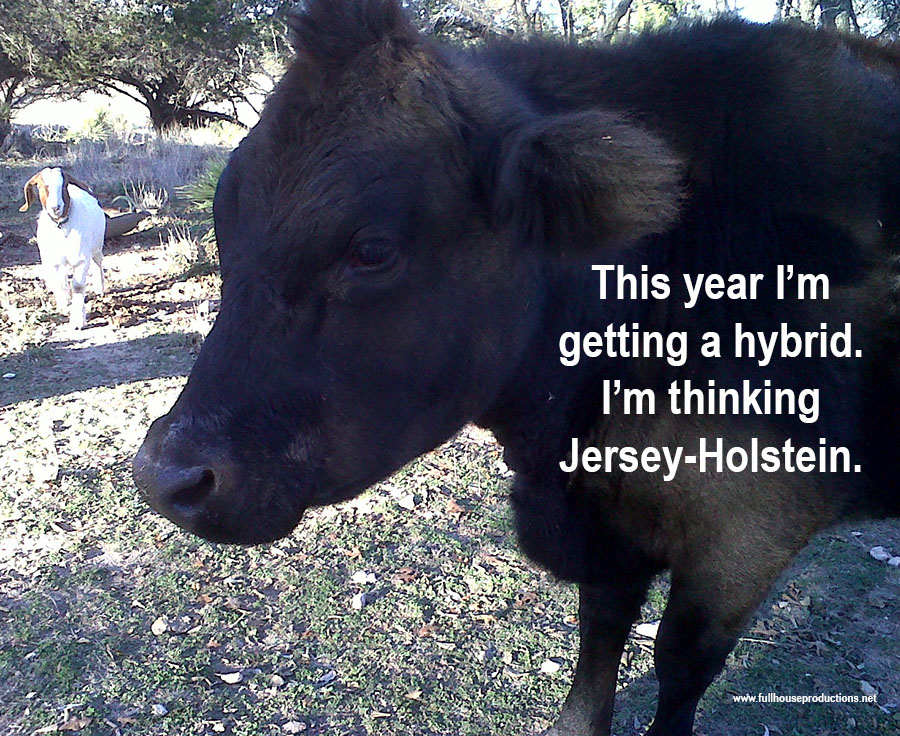 Sept 6, 2023–As is my wont, I was browsing through another yellow-paged, broken-spined, remaindered paperback–1,500 Literary References Everyone Should Know–when it became evident that, well, we don’t.
Sept 6, 2023–As is my wont, I was browsing through another yellow-paged, broken-spined, remaindered paperback–1,500 Literary References Everyone Should Know–when it became evident that, well, we don’t.
Too many of us communicate via memes and giphys and LOLs. If I see another screen grab of that lady spitting coffee, I’ll… I’ll… I’ll… well… I can’t conjure up a suitable phrase. Which, come to think, is probably why people use memes.
Here’s a list of literary references that intrigue me, because they are usually stated wrong or misinterpreted. Most come from the Bible or Shakespeare, who between them seem to have created every phrase ever repeated since.
welcome
We say it so often, we don’t think about what it means. It derives from Old English willa (desire) and cuman (to come), or “will come,” meaning a desirable guest. Of course, we say it even when we don’t mean it.
good-bye
This is simply an alteration of God be with you. I prefer the Spanish version: Vaya con Dios.
spitting image
This always conjured visions of a father’s sons expectorating around the dinner table. The original phrase is “spit and image,” meaning that one is the exact replica of another. A reference from Genesis for God making man in his own image.
to the manner born
I used to hear this as “to the manor born,” as in someone being favored because they lived in the big house. That’s not the meaning. In Hamlet, Shakespeare used it referring to one who recognizes the customs of a certain region because they were born and raised there. So it could be someone from the…
hoi polloi
I learned hoi polloi as a synonym for the upper class, the snobs, the idle rich. Imagine my surprise when I discovered hoi polloi was us–a Greek phrase for “the many.” Somehow in the 1950s it began being used in the exact opposite sense of its original meaning.
many happy returns
This throwaway phrase always seemed a meaningless greeting card sentiment. Until I learned the original well-wishers used it to mean “I hope you experience this day again and again and again.” As in you live to celebrate another birthday. The meaning is more clear when stated many returns of the day.
you can’t have your cake and eat it
Yes. Yes, you can have your cake and eat it. In fact, the only way to eat your cake is to “have it” first. The original phrasing is “you can’t eat your cake and have it.” Now that makes sense. After you eat anything, you no longer have it to eat. Speaking of cake…
man does not live on bread alone
I have heard this line quoted by sybarites to justify buying that extra drink or eating that piece of cake you don’t have; that is, one need not subsist on mere bread and water. Moses meant just the opposite–man is not meant to subsist entirely on material things of this world, but to seek spiritual nourishment “from every word that proceedeth out of the mouth of the Lord.”
money is the root of all evil
No no no, that is not what this other Bible phrase said. It is the love of money that is the root of evil. People scolding you for being rich always forget that part. Big difference. And if you don’t have money, then you should be like Robin Hood…
steal from the rich to give to the poor
Wealth redistributionists regard Robin as a hero who takes money from the wealthy and distributes it to the poor. The parable really teaches the exact opposite. Robin takes back the taxes and tariffs unfairly imposed upon the working man by the government tax collector. Who chases Robin? The Sheriff. So Robin Hood should be the hero of those who oppose oppressive taxation, not those who impose it. Speaking of lucre…
I laughed all the way to the bank
Actually, Liberace, the famous and flamboyant pianist, when asked how he felt after bad reviews by critics, replied, “I cried all the way to the bank.” Phrasing it the first way wrings out all the irony and cleverness–who wouldn’t laugh with a pocketful of Liberace money?
pull in one’s horns
This phrase always conjured the image of a mighty bull, snorting and pawing while tossing its horns. Alack, the saying refers to the lowly snail, which retracts its hornlike protuberances and withdraws into its shell when startled. Rather apt, though less evocative.
night has a thousand eyes
While the literal meaning of this seems to be someone is watching you, the lyrical meaning refers to stars–those thousands of points of light that together do not illuminate the world as well as one sun.
I’ll leave one for readers to unravel. I have never seen this phrase from Judges used as a metaphor, but it is so bizarre I had to include it:
plowed with another man’s heifer
Maybe someone will make a meme for me.